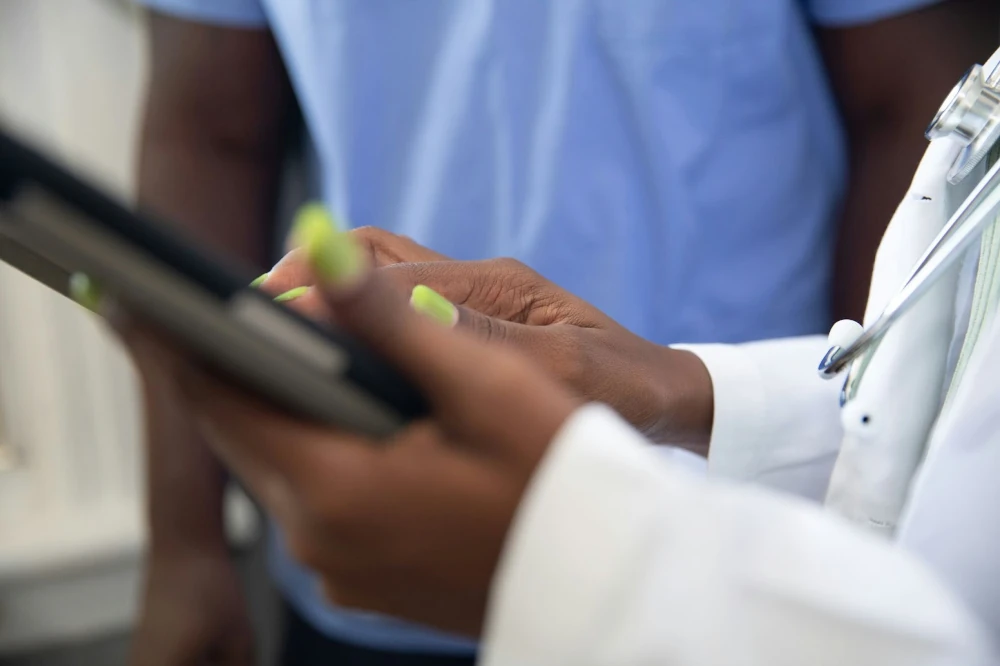Doctor appointment apps have revolutionized healthcare by offering patients and providers a streamlined way to manage medical visits. As technology continues to advance, these apps are expected to integrate cutting-edge features in 2025 to meet the growing demand for convenience, efficiency, and accessibility. This article explores the essential features every doctor appointment app should include to stay competitive in the evolving healthcare landscape.
Key Features Every Doctor Appointment App Should Include
Secure User Registration and Profile Management
Security is paramount when handling sensitive patient data. To protect user information, apps must offer secure login options, such as two-factor authentication. Additionally, patients should be able to create and manage profiles that store their medical history, allergies, and preferences, ensuring a personalized healthcare experience.
Comprehensive Doctor Profiles
Detailed profiles, as part of doctor appointment app features, allow patients to make informed decisions about their healthcare providers. These profiles should include qualifications, specialities, availability, and patient reviews. Search filters based on location, speciality, or ratings further enhance usability.

Flexible Appointment Scheduling
Real-time scheduling is a must-have feature enabling patients to book, reschedule, or cancel appointments easily. Automated push notifications or email reminders help reduce missed appointments and improve patient satisfaction.
Telemedicine Integration
Teleconsultation capabilities are essential for remote healthcare access. Video and audio consultation features allow patients to connect with doctors from the comfort of their homes, making healthcare more accessible for those in rural areas or with mobility challenges.
In-App Payment Integration
A secure payment gateway integrated into the app simplifies patient transactions while reducing clinic administrative work. Supporting multiple payment methods ensures convenience while adhering to financial regulations for security.
Calendar Integration
Syncing appointments with users’ calendars helps them stay organized and receive timely reminders about upcoming visits. This feature enhances user experience by making healthcare management seamless.
Prescription Management
Apps should allow patients to view prescriptions and request refills through the platform. Integration with pharmacies can provide transparency on medication costs and insurance coverage. These advanced features highlight the expertise required from specialized healthcare software development services to create comprehensive patient management platforms.
AI-Powered Scheduling
AI-driven algorithms optimize appointment slots based on user preferences and doctor availability. Predictive analytics can further enhance operational efficiency by anticipating patient needs.
Additional Features to Consider
User Experience Enhancements
An intuitive design ensures that users of all demographics, including elderly patients, can effortlessly navigate the app. To achieve this, developers should prioritize clean, consistent user interfaces with minimal visual clutter. Features like clear navigation menus, well-labelled buttons, and interactive elements like progress indicators or confirmation messages can significantly enhance usability. Incorporating gamification strategies, such as progress tracking or rewards for completing health-related tasks, can also improve user engagement and foster long-term app usage.
Data Security Compliance
Compliance with regulations like HIPAA and GDPR is critical for ensuring patient data is handled securely and transparently. This includes implementing robust encryption for data in transit and at rest, multi-factor authentication for user access, and regular security audits to identify vulnerabilities. Role-based access control (RBAC) can minimize risks by ensuring only authorized personnel access sensitive information. By adhering to these practices, healthcare apps can build trust with users while avoiding potential legal penalties.
Scalability and Performance
A robust technology stack is essential for maintaining app performance under high-traffic conditions. Scalability should be a core consideration during development to ensure the app can handle the increasing number of users without compromising functionality or speed. This involves designing a flexible architecture that supports cloud-based infrastructure for dynamic resource allocation. Additionally, responsive design ensures seamless functionality across various devices, including smartphones, tablets, and desktops.
The Role of Digital Health Product Development Consulting
Developing a successful doctor appointment app requires digital health product development consulting expertise. Consultants are critical in ensuring innovation, safety, security, and regulatory compliance throughout development. They assist with market analysis, clinical strategy design, risk assessments, and adherence to global standards like HIPAA and GDPR. By leveraging their insights, developers can create apps that meet user and industry requirements.
Conclusion
Doctor appointment apps are transforming healthcare delivery by making it more accessible and efficient for patients and providers. Incorporating these essential features ensures that apps remain relevant in 2025’s competitive landscape while enhancing user experience and operational workflows.
